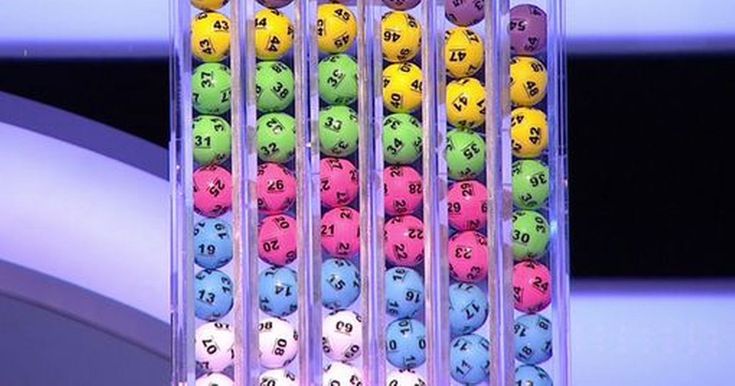The lottery has captivated millions around the world for centuries, promising life-changing jackpots and the allure of instant wealth. Each lottery draw is a moment of excitement and anticipation, where dreams can transform into reality. But what goes on behind the scenes of a lottery live cambodia, and how do these systems work to ensure fairness and integrity?
The Mechanics of a Lottery Draw
At its core, a lottery draw is a process that determines the winning numbers from a set of possible numbers. While the details may vary from one lottery to another, the general procedure involves several key components:
- Number Selection: Participants select a series of numbers within a specified range. For instance, in a traditional 6/49 lottery, players choose six numbers from a pool of 1 to 49. Alternatively, some lotteries use random number generators (RNGs) for automated selection.
- Ticket Sales: Lottery tickets are sold in various formats, including physical tickets purchased at retailers and digital tickets bought online. Sales can be brisk, especially as the jackpot grows, creating a buzz around the draw.
- The Draw: The draw itself can take different forms. In many cases, a mechanical drawing machine is used, featuring numbered balls that are randomly selected. Some modern lotteries employ electronic systems, where a computer program generates winning numbers. Regardless of the method, the aim is to ensure complete randomness.
- Result Announcement: After the numbers are drawn, they are announced through various channels, including television broadcasts, social media, and lottery websites. This moment is often accompanied by excitement and tension, as players check their tickets against the winning numbers.
Ensuring Fairness and Transparency
To maintain public trust, lotteries are heavily regulated. Here are some practices employed to ensure fairness in lottery draws:
- Independent Audits: Most lotteries are subject to regular audits by independent firms to verify the integrity of the draw process and the handling of funds.
- Security Measures: From ticket production to the actual draw, lotteries implement robust security protocols. This can include surveillance systems at drawing venues and secure storage for tickets and winning numbers.
- Transparency: Many lotteries broadcast their draws live to ensure transparency. Additionally, they often publish detailed reports about ticket sales, prize distributions, and draw results to foster trust within the community.
The Psychology of Playing the Lottery
The appeal of the lottery extends beyond the mere possibility of winning. Several psychological factors contribute to its popularity:
- Hope and Aspiration: The lottery represents hope for a better future. Many players envision how winning could change their lives, whether by eliminating debt, buying a dream home, or supporting loved ones.
- Community and Social Interaction: Playing the lottery can be a social activity. Friends and family often pool their resources to purchase tickets together, fostering a sense of community and shared dreams.
- The Thrill of Chance: The lottery is fundamentally a game of chance, and for many, the excitement of the draw is an irresistible thrill. The idea that anyone, regardless of background, could become an overnight millionaire adds to the allure.
Strategies and Myths
While the lottery is predominantly based on luck, some players adopt strategies to enhance their chances. Here are a few common approaches, along with some myths to dispel:
- Number Patterns: Some players believe in choosing specific patterns or sequences, like birthdays or anniversaries. While this can personalize the experience, it does not increase the odds of winning.
- Pooling Resources: Forming lottery pools can increase the number of tickets purchased and thus the likelihood of winning. However, it’s crucial to have clear agreements about how winnings will be shared.
- Common Myths: One prevalent myth is that certain numbers are “due” to win because they haven’t appeared recently. In reality, each draw is independent, and all numbers have an equal chance of being drawn.
